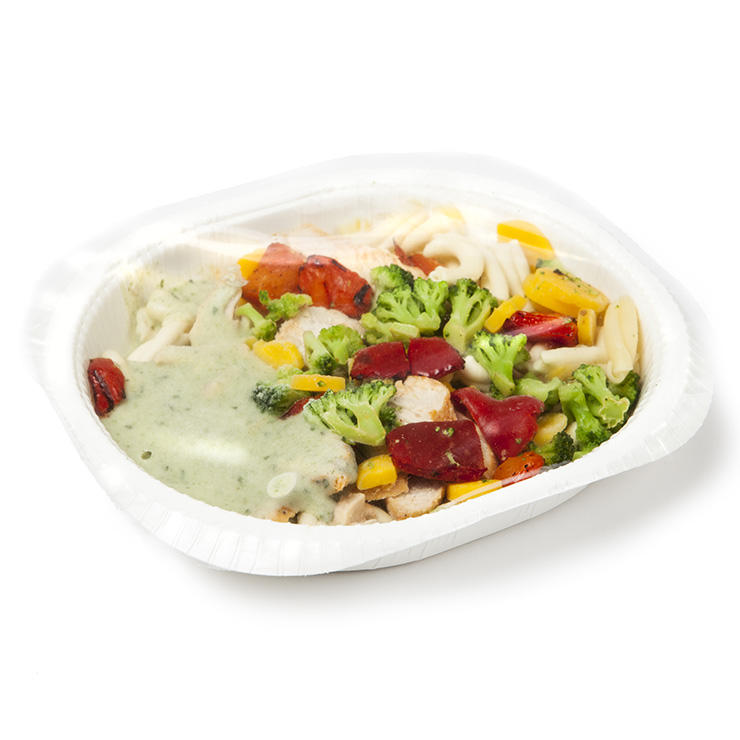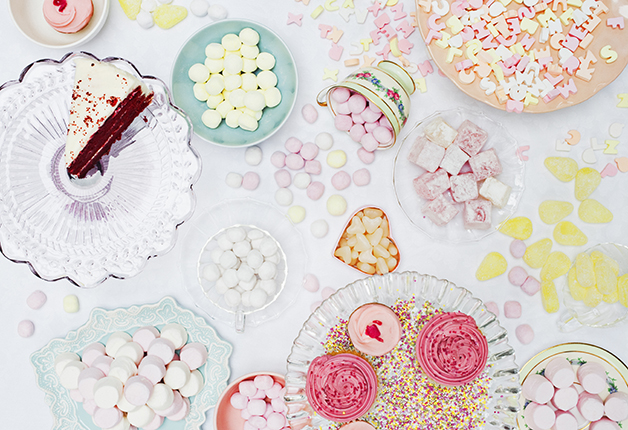So the researchers recruited more than 300 mall shoppers from New York to read favorable or unfavorable horoscopes (manipulated by the researchers) to say things like, "The stars are lining up for you...new ideas and opportunities are plentiful today," and, "Your heart will be filled with dread as you will find obstacles put in your path to achieving your goals." Afterward, shoppers had to choose between going to a party or cleaning their house.
The results? People with unfavorable horoscopes were more likely to choose the party. Which means on days when your stars have nothing nice to say ("Yikes, obstacles ahead!"), it's harder to resist temptation.
The catch: the results only held for shoppers who believed their fate wasn't fixed—if they believed their fate could be changed for the better, then they were more likely to make indulgent decisions, say researchers. That seems counterintuitive—fate-believers should be more reactive to bad news, right?—but shoppers who believed their fate is fixed (and a whopping 75% of Americans do, according to a study in the Personality and Social Psychology Bulletin) were not indulgent. Researchers speculate it's because believers think everything is happening as it should, and their horoscopes are more prepartion than anything else.
Bottom line: whether or not you believe in your horoscope or a fixed fate, it's just a bad idea to let an unhappy reading undo your healthy efforts.
More from Prevention: 25 Worst Diet Tips




